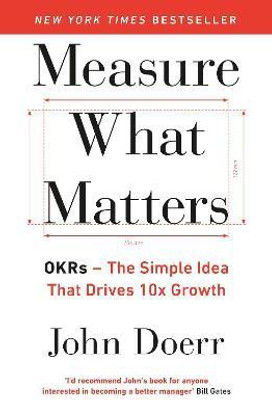
IGNOU BSOG 173 ?????????? ????? | Guess Paper | Important Question Answer |?????? ????? ??????? (BASKH) (Paperback, BMA Publication)
Share
IGNOU BSOG 173 ?????????? ????? | Guess Paper | Important Question Answer |?????? ????? ??????? (BASKH) (Paperback, BMA Publication)
Be the first to Review this product
₹252
₹399
36% off
Available offers
T&C
T&C
Delivery
Check
Enter pincode
Delivery by3 Jul, Thursday
?
if ordered before 1:59 PM
View Details
Highlights
- Binding: Paperback
- Publisher: BMA Publication
- ISBN: 9780918159939
- Edition: Latest, 2024
- Pages: 80
Services
- Cash on Delivery available?
Seller
Description
Understanding Development: BSOG 173 provides an overview of development theories, concepts, and paradigms, exploring different perspectives on the meaning, goals, and processes of development.
Development Indicators: The course covers development indicators, including economic indicators (e.g., GDP, GNI, HDI), social indicators (e.g., education, health, poverty), and environmental indicators (e.g., carbon footprint, ecological footprint), and examines their utility and limitations in measuring development progress.
Development Goals and Targets: Students learn about international development goals and targets, including the United Nations Sustainable Development Goals (SDGs), and explore strategies for achieving these goals at national, regional, and global levels.
Poverty and Inequality: BSOG 173 addresses the challenges of poverty and inequality in development, exploring their causes, consequences, and interconnections with social, economic, and political factors, and examining strategies for poverty reduction and inclusive growth.
Sustainable Development: The course examines the concept of sustainable development, including its economic, social, and environmental dimensions, and explores strategies for promoting sustainable development practices and addressing global sustainability challenges.
Development Planning: Students study approaches to development planning, including top-down planning, bottom-up planning, participatory planning, and strategic planning, and examine the role of planning in guiding development policies, programs, and investments.
State and Market in Development: BSOG 173 explores the roles of the state and the market in development, including their strengths, weaknesses, and interactions in shaping economic policies, promoting industrialization, regulating markets, and providing public goods and services.
Globalization and Development: The course addresses the impact of globalization on development, including economic globalization, cultural globalization, technological advancements, trade liberalization, and their implications for income distribution, employment, and social welfare.
Gender and Development: Students learn about gender issues in development, including gender inequalities, women's empowerment, gender mainstreaming, and gender-responsive development strategies, and explore the role of gender in shaping development outcomes.
Read More
Specifications
Book Details
| Publication Year |
|
| Exam |
|
| Number of Pages |
|
| Net Quantity |
|
University Books Details
| Stream |
|
| Degree/Diploma |
|
| Specialization |
|
Additional Features
| Age Group |
|
In The Box
|
Be the first to ask about this product
Safe and Secure Payments.Easy returns.100% Authentic products.
Back to top




